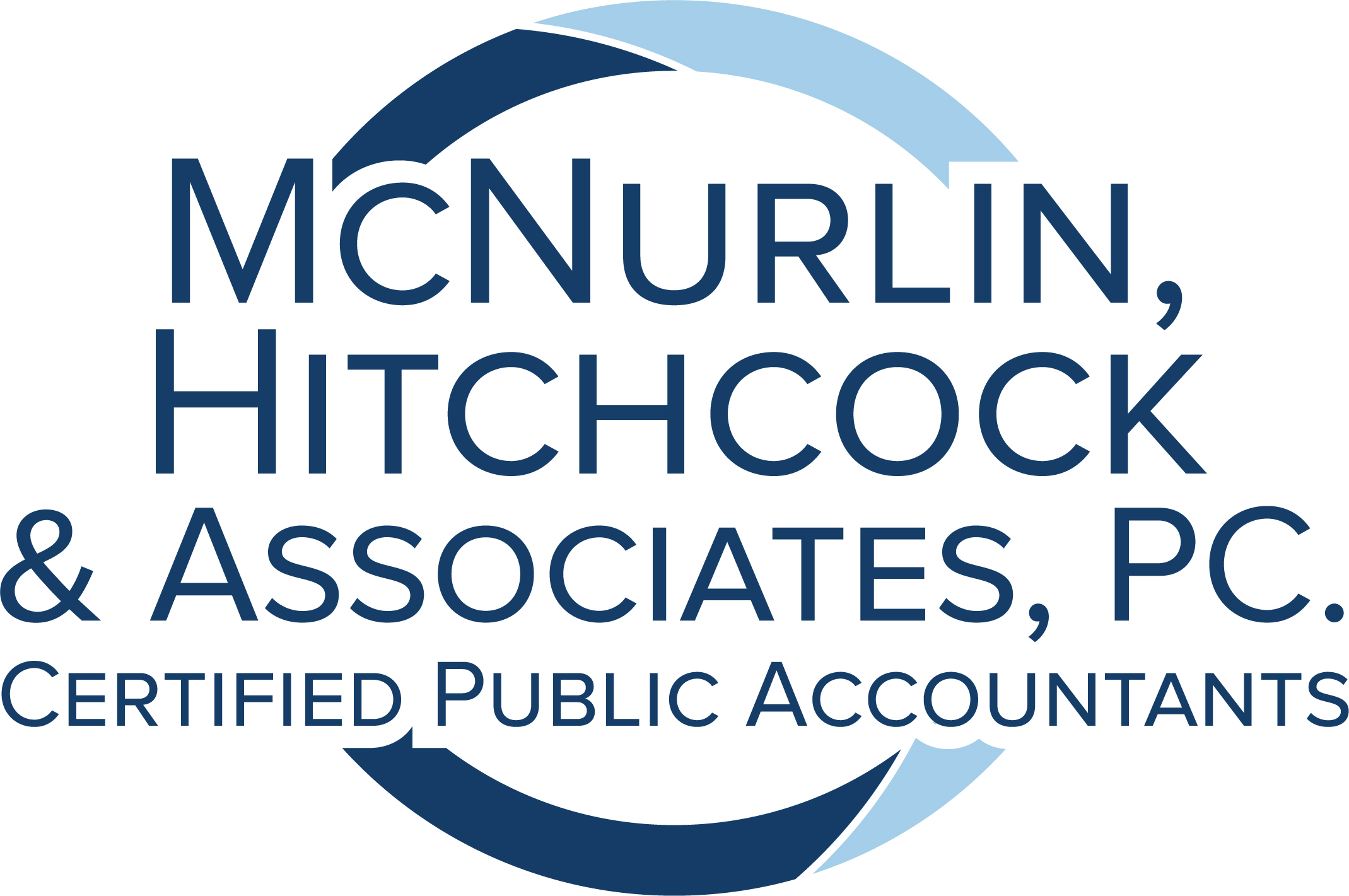April 2020 Newsletter
Good morning to all of you! I hope you are all well.
To our Valued MHA Clients and Friends:
Happy Friday! It is April 24th and the weather in Colorado is predictably unpredictable today. It was beautiful when I started writing this email, then clouds rolled in and brought rain and, now, the sun is back out. Crazy Colorado weather.
As always, I hope you continue to find something to put a smile on your face every day. We truly appreciate all of you who have reached out to ask questions and keep us busy.
The big news today is that the POTUS signed a new law that provides additional money for the PPP and EID Loan programs. This tax bill also provides for hospitals and testing. As a reminder, the PPP loan is offered through your bank and the EID loan is offered through www.sba.gov. These are two different loan programs and they both have pros and cons. If you don’t have my prior emails and need any guidance please email and I can get someone from our team to help you out!
I’ve spent quite a bit of time this week attending various training sessions on the PPP loan forgiveness process, however, the guidance is severely limited right now. Lenders have 60 days to release details, however, recipients have just 8 weeks from date of funding to spend carefully so we have to be smart. My advice is to keep track and document. If you pay your cell phone bill then print or .pdf the receipt and put it in a file. Same for your rent, internet, electric and all qualified expenses that are from pre-Feb 15th agreements. If you terminated an employee due to COVID-19 then you may want to make plans to rehire or replace by June 30th to maintain your “full time equivalents” or FTEs. Your payroll costs need to remain at 75% or more from pre-COVID levels but the qualified expenses include group health and retirement contributions now. All of this adds up to confusion regarding unemployment vs rehiring. Please call or email if you want to discuss your specific situation. We do not have all the answers, but we are here to listen and try to provide some insight.
In other news, today, we have new orders that Denver, Boulder and Jefferson Counties are extending the “Stay at home” restrictions until May 8th due to the number of cases and limited testing. For those of you hoping to open your doors in the next week, I am truly sorry for this added delay. Please stay safe and stay in contact with your local government to see if you can find ways to open safely as soon as possible following the May 8th extension.
Today I wanted to take a deeper dive into the CARES Act. There are so many provisions that I think it is important for us to touch on them, even briefly, in case they apply to you. Feel free to skim the bold headings and only read the ones that apply to you.
Economic Impact Payment. This is the program which pays $1,200/qualified person and $500/dependent. It appears that Social Security recipients are starting to receive their $1,200 but it has not been a quick process for some. There will be a reconciliation when you file your 2020 tax return to provide the additional $500 for new dependents or additional funds if your 2020 income dropped below the threshold.
Waiver of 10% early distribution penalty. The additional 10% tax on early distributions from retirement plans is waived for distributions made between January 1 and December 31, 2020 by a person who is infected with the Coronavirus or who is economically harmed by the Coronavirus. Penalty-free distributions are limited to $100,000, and may, possibly, be re-contributed to avoid paying income tax on them.
Waiver of required distribution rules. Required minimum distributions are waived for 2020.
Charitable deduction liberalizations. The CARES Act made four significant liberalizations to the rules governing charitable contributions. For those who can contribute then please track your contributions. You can contribute more and get larger tax benefits for those contributions in 2020. There are increased tax benefits for contributions of food inventory for our restaurant clients as well.
Exclusion for employer payments of student loans. An employee can exclude from income, amounts paid from an employer against student loan debt up to $5,250.
Nonprescription medical products. You can use your HSA or FSA this year for non-prescription expenses, including over the counter medicines and, surprisingly, certain “ladies” products.
Employee retention credit for employers. This one is super complicated so we won’t take a deep dive, however, if your business has experienced a more than 50% reduction in quarterly receipts as compared to the same quarter in 2019, you qualify for a credit against your employer paid payroll taxes.
Please stay vigilant and avoid falling for scams. I received two emails this morning that looked real and I almost clicked on one until I saw the sender’s address. They are convincing. Also please continue to reach out with questions. I am happy to talk through some of the issues that we are facing as we move forward and through this crisis and your calls and emails are giving me good ideas for these update emails!
Take care and stay strong,
Kim Hitchcock
Certified Public Accountant

